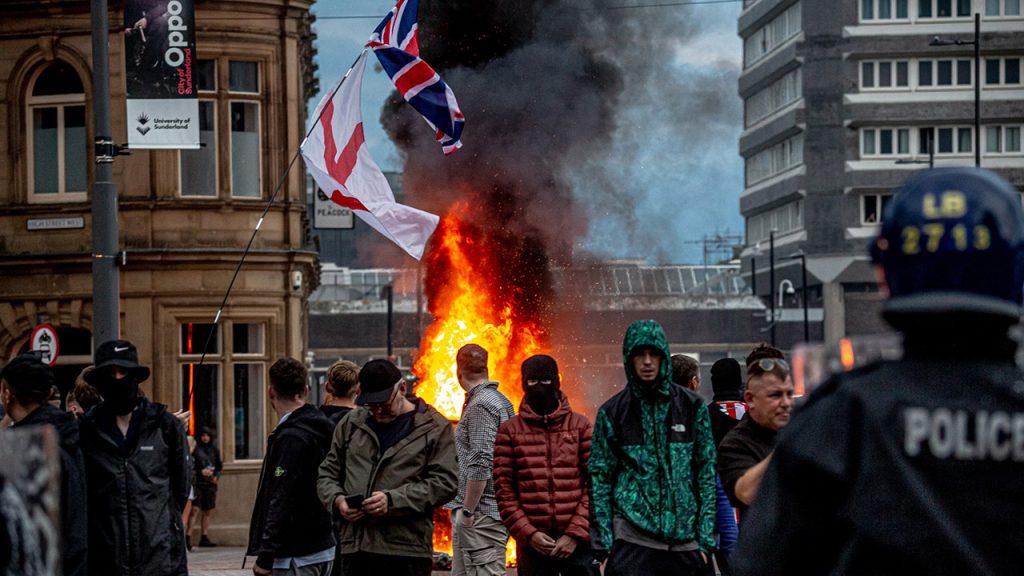The Merseyside police department in England recently admitted that they are restricted from sharing information about the July Southport incident where three young girls were killed at a Taylor Swift-themed dance class. The suspect in this case, Axel Muganwa Rudakubana, is now facing terror-related charges alongside murder charges, attempted murder counts, and one count of knife possession. Authorities found ricin and al Qaeda training materials in the suspect’s possession during a search of his property, leading to speculations about a possible terror link to the incident. The police, however, have not declared it as a terror incident due to the lack of a confirmed motive.
The decision by the police to withhold information has led to criticism about a double-standard approach in handling such cases, particularly when it comes to revealing details about attackers. There have been concerns raised about the lack of transparency in the aftermath of the attack and a perceived bias in the information released to the public. The killing spree in Southport resulted in widespread rioting across England, with several individuals being charged and jailed for inciting violence or making inflammatory remarks online. The unrest prompted the British left-wing Prime Minister Keir Starmer to label those involved as “far right,” even before any convictions were made.
Right-wing Reform Party Leader Nigel Farage also faced condemnation and accusations of inciting riots following his questioning of the lack of information being released to the public. Farage suggested that the truth may be withheld from the public and questioned why the incident was not treated as terror-related despite the terror-related charges laid against the suspect. Former counter-terrorism police chief Neil Basu suggested that Farage could be investigated for undermining the police with his comments. However, the latest police statement and the new terror-related charges somewhat vindicated the skeptics, including Farage, prompting further questions about the handling of the case by the authorities.
Farage and his party colleagues were reportedly barred from raising questions about the Southport attack in Parliament to avoid prejudicing the public amid the suspect’s trial. The former MP was told that he could not discuss the matter in Parliament after submitting a written question to Home Secretary Yvette Cooper about whether the accused attacker had any connections to the country’s counter-terrorism initiative. Farage expressed concerns about the lack of transparency and public access to crucial information related to the case, questioning the motives behind keeping such details secret. The trial for the murder charges is tentatively scheduled for January, with no confirmed motive established yet for the attack.
The alleged attacker, Axel Muganwa Rudakubana, was born in Wales to Rwandan parents and was raised Christian, according to reports. The case has raised questions about the authorities’ handling of sensitive information and the balance between transparency and protecting the integrity of legal proceedings. The criticism of the police and government’s approach to the Southport attack highlights concerns about selective disclosure of information and potential biases in the public narrative surrounding such incidents. Authorities have not revealed whether the suspect was known to security or counter-terrorism authorities before the attack, leaving many questions unanswered as the investigation continues.













